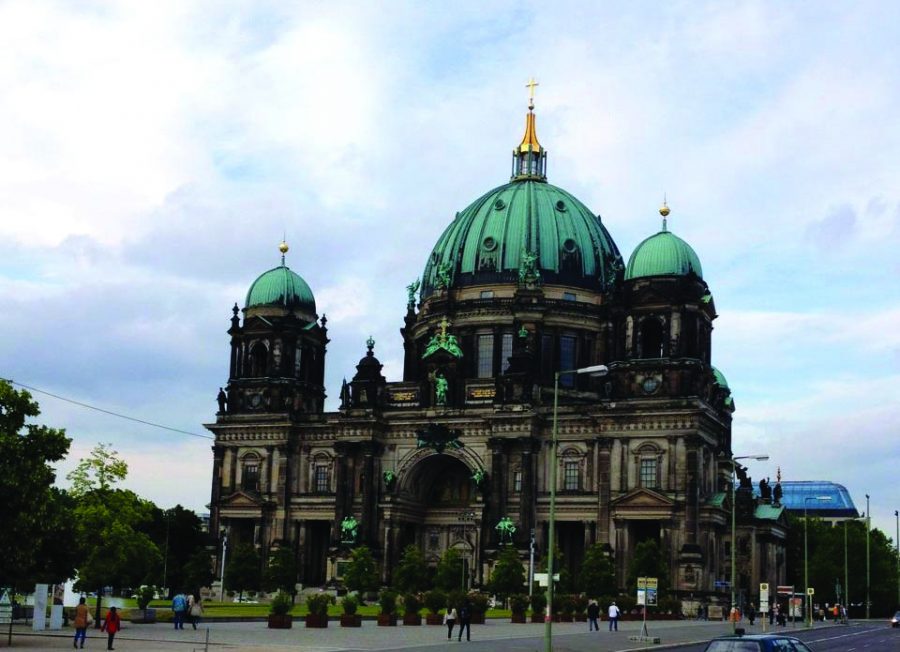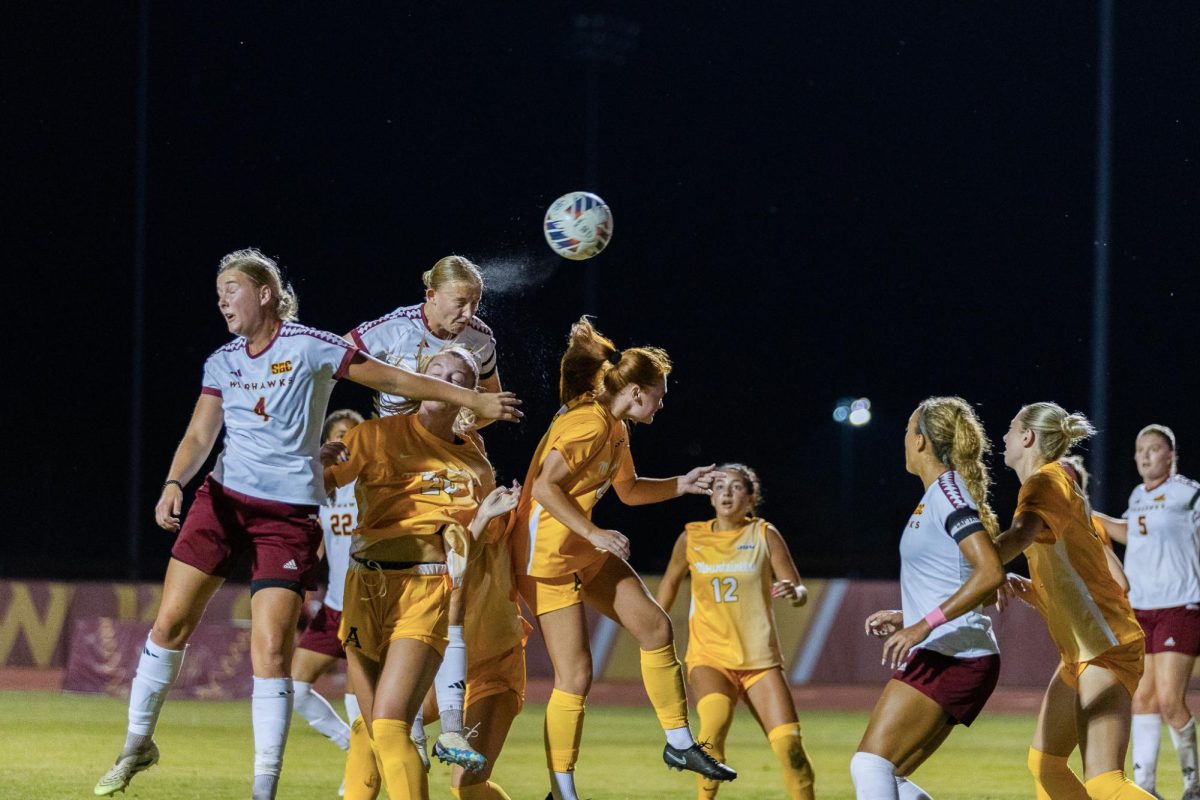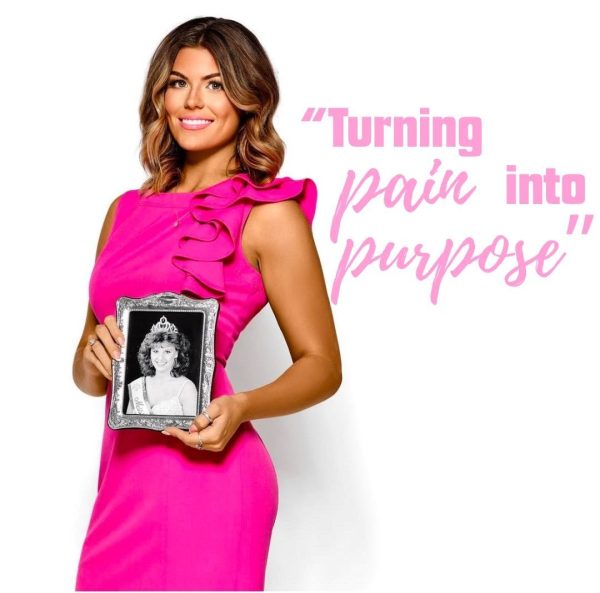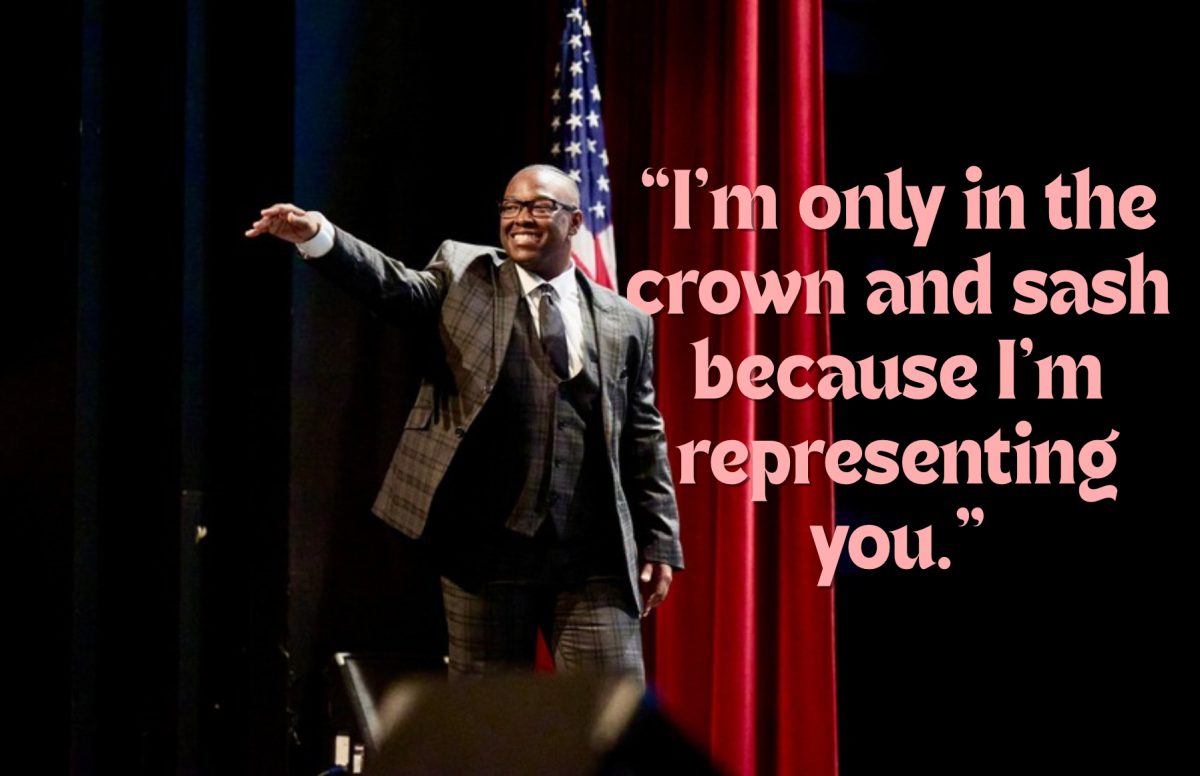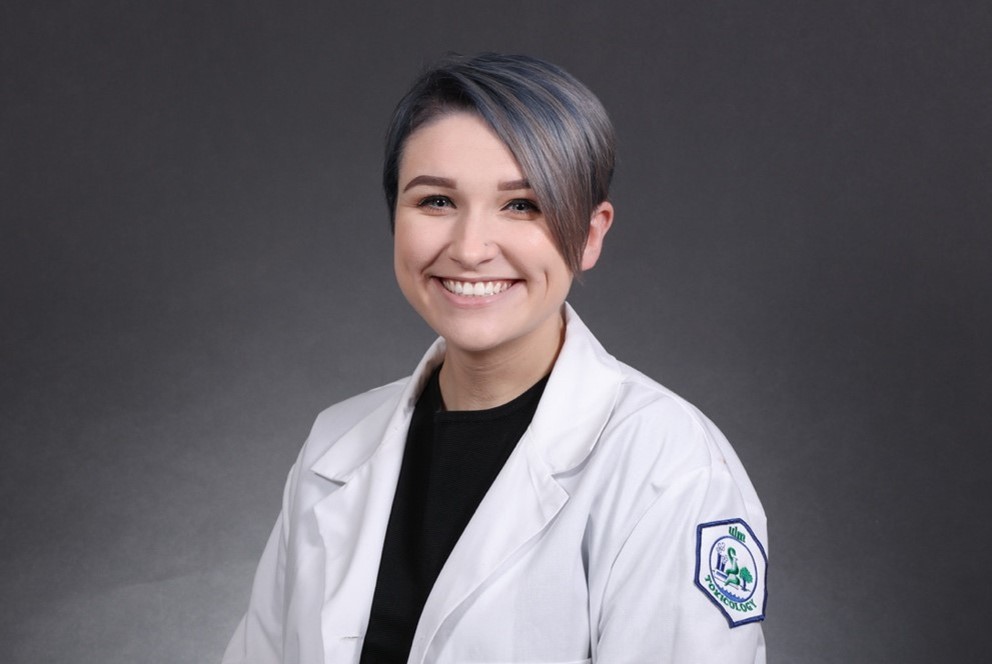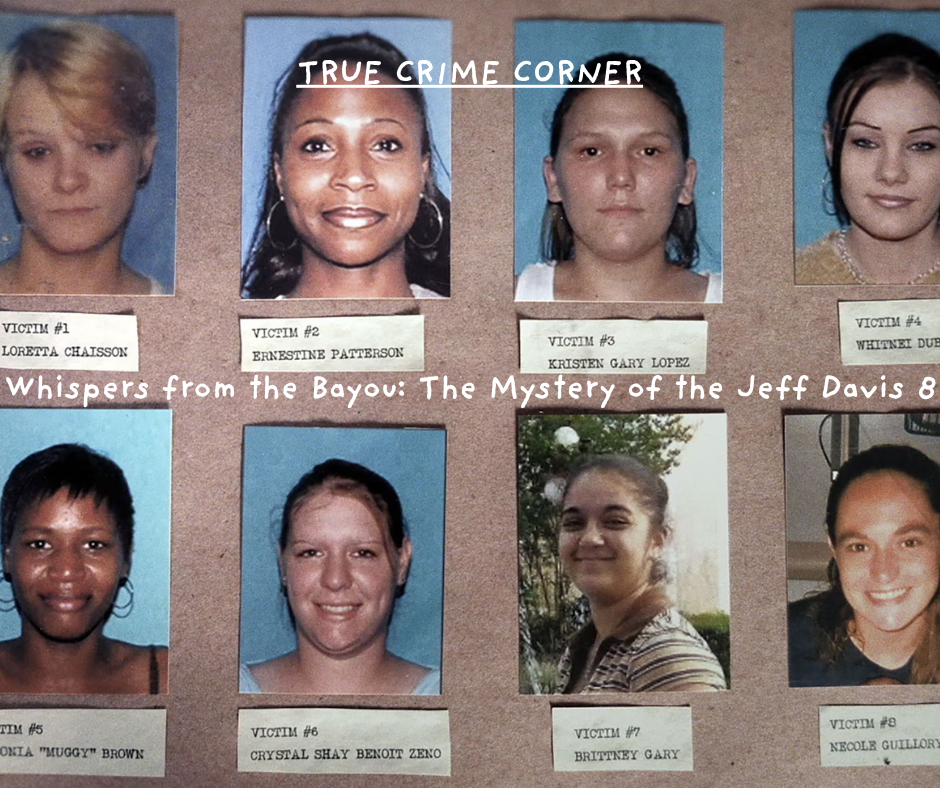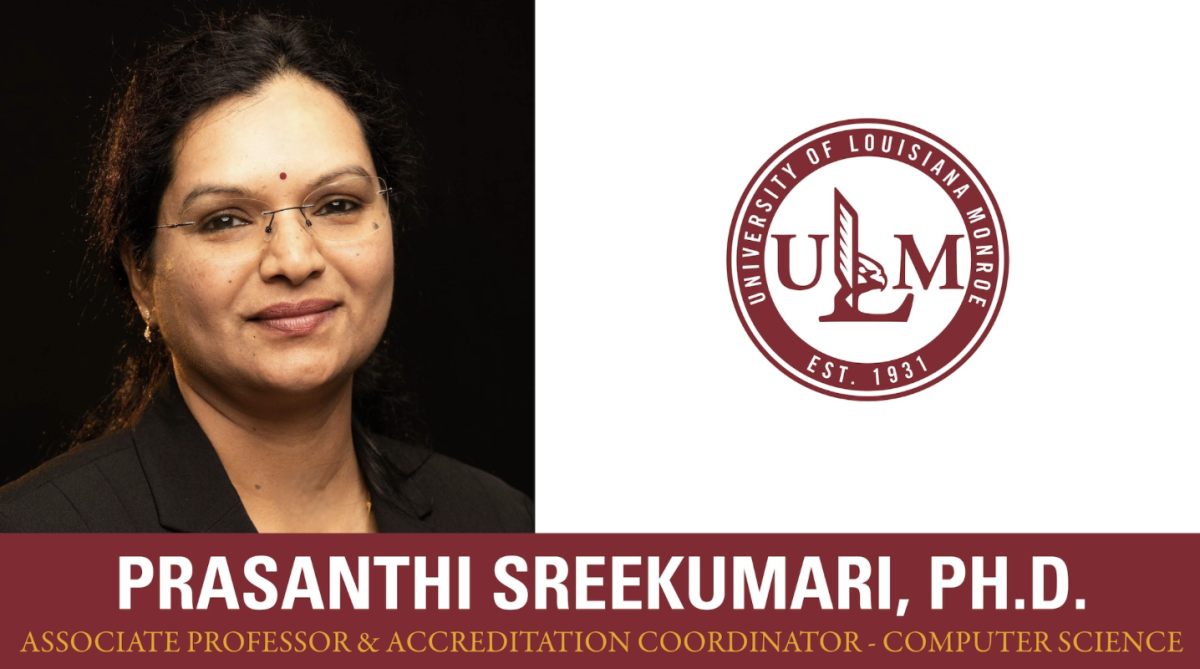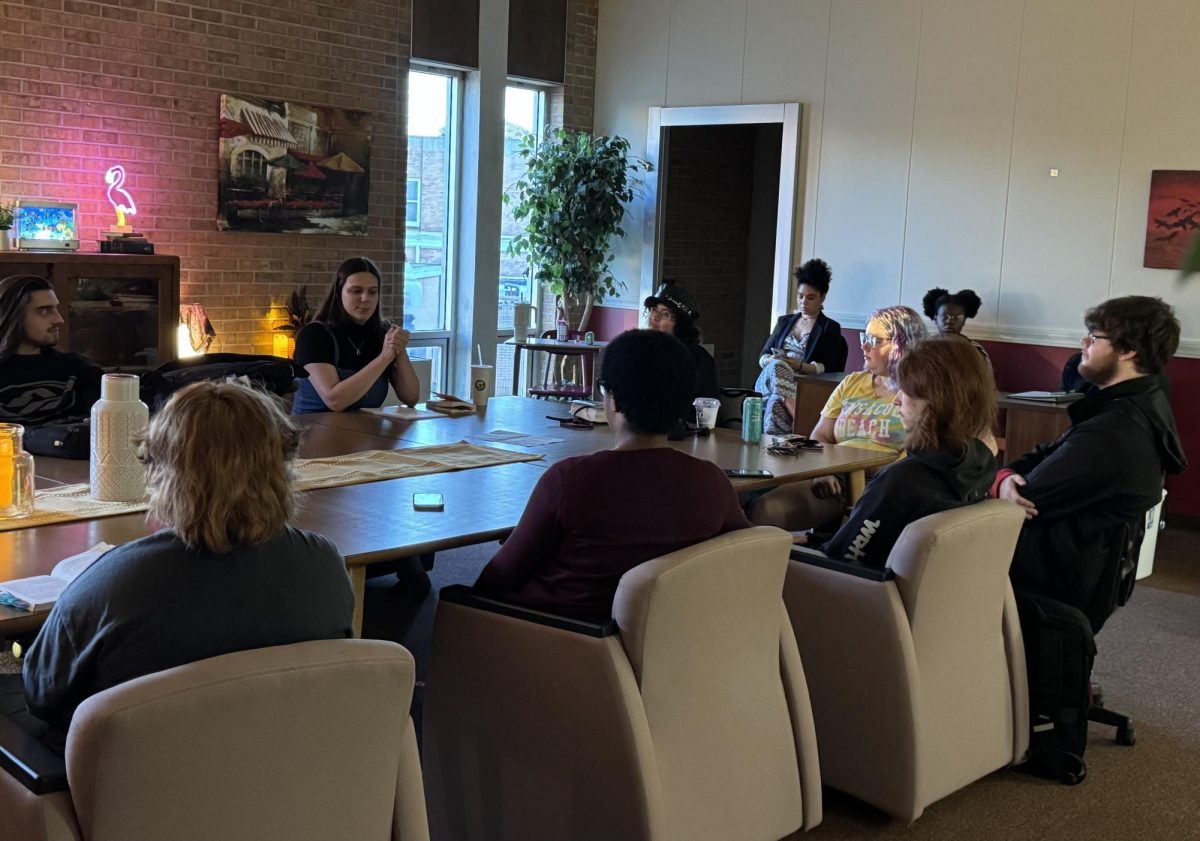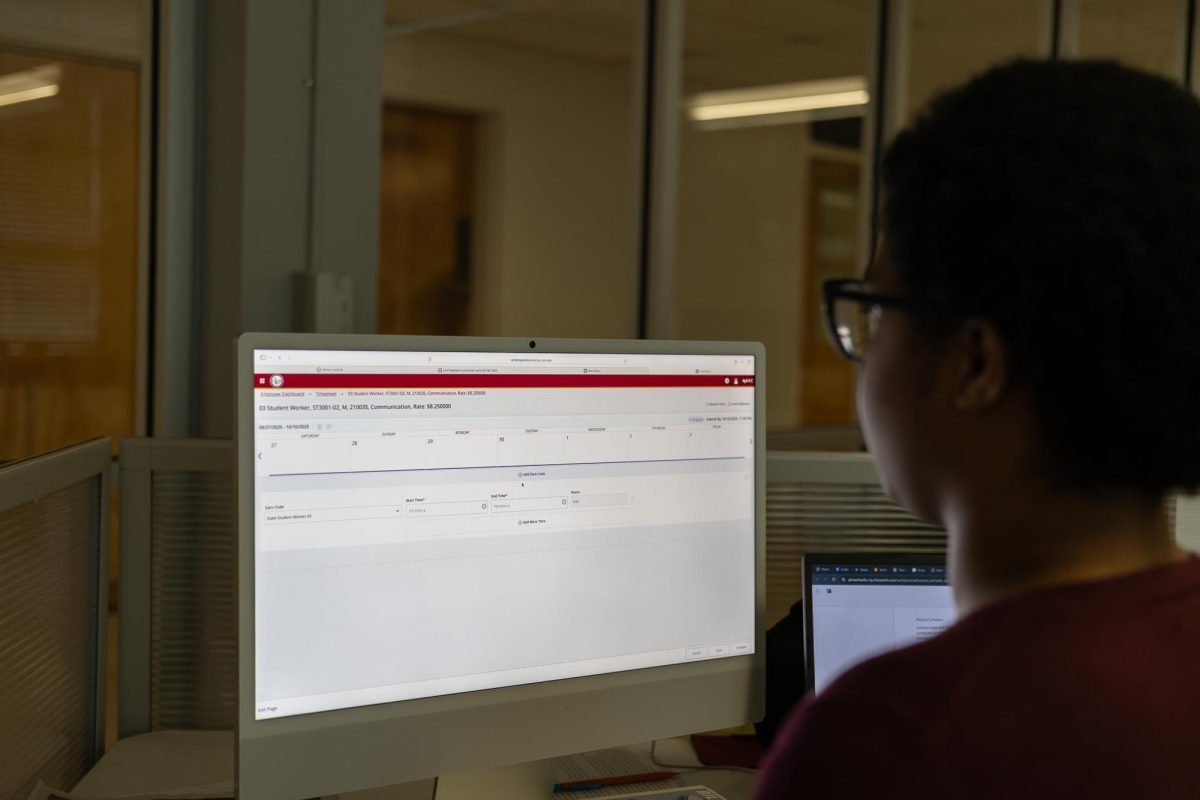The Compass is a study abroad program that works in the field of changing lives.
And it was a spur of the moment decision for John Owen, a senior finance and accounting major, one Wednesday afternoon when he made the decision to study abroad. By that following Sunday the tickets were booked and the plans were made. It may have been a sudden choice, but Owen insists it is one of the best decisions he has ever made.
“It all started with an internship that failed to work out. And that late in the game I couldn’t really schedule another one,” Owen said.
A friend suggested the option of studying abroad, and the two immediately got to work. Owen had always wished to travel, but wasn’t expecting the opportunity to come that summer.
Owen looked through programs offered by ULM that involved studying and traveling abroad before speaking to Joni Noble, associate professor at ULM and professor of Shutterspeed, the photography and fine art program offered by Compass.
Owen chose the Battleground program, a history centered class that teaches World War I and II military history. Classes are held on battlefields, where students are given the opportunity to actually see where the action took place.
Having never traveled extensively before, Owen had never visited Europe before Compass. While visiting Verdun, outside of Paris, a student discovered a German hand grenade that had survived the war intact.
During their second free travel period, Owen’s group opted to visit Barcelona, Spain. While visiting the beach, they found themselves caught in a sandstorm.
“It looked like storm clouds in the distance, and everyone who lives there was used to it and knew what to do, but we had no clue. Everyone was packing up and then they were screaming and running, and it descended into total chaos,” Owen said.
“Study abroad, just go do it,” Owen said. “There’s a lot more freedom and independence versus other programs.”
Cara Rascoe, a junior nursing major, describes her time abroad with The Compass Program as the best experience of her life, and a defining moment. Alone on a strange continent, Rascoe forged unbreakable friendships and unique memories that she will carry for the rest of her life.
Beginning in Amsterdam, students travel around Europe while learning and studying subjects of their choice. The Compass also gives students two weeks of free travel, where students are responsible for themselves and reaching the next destination on time for class.
Rascoe enrolled in the Battleground elective and flew out to Amsterdam alone. Finding herself in the midst of strangers who were in the same position as her, she quickly made friends. After two weeks, they felt like family.
“I visited Belgium, Cologne, Munich and Nuremberg during free travel. I loved Germany, and it was very interesting,” Rascoe said.
Rascoe was most surprised by Amsterdam, though she attributes the shock to it being her first stop. Citizens were rarely in cars; many walked and even more rode around on bikes.
“All of the chairs in the restaurants faced outside, you would sit side by side at the table,” Rascoe said.
Though far away from home, Rascoe was able to find a few familiar sights, like eating McDonalds in Paris.
“One of the strangest things was seeing all of the bullet holes in the buildings left over from World War I and II. All of the architecture was very old and affected by the wars that swept through,” Rascoe said.
Students experiencing Europe through Compass were given access to museums and sights not available to ordinary travelers and tourists.
“None of our classrooms were inside. I think once we even had class in a bar, but it was one of the oldest bars in existence so it was very historical and interesting,” Rascoe said.
Students were able to see and associate their lectures with the terrain and historical battlefields littering Europe.
“The professors were some of the nicest people on the planet, and we went out to dinner together almost every night,” Rascoe said.
Rascoe attempted to see and try as much as she could.
“It’s easy to think one Euro isn’t much but it is. Also pack light and bring good shoes to walk in. The Laundromats were hard to figure out, but we got it eventually,” Rascoe said.
Though she had to take out loans to afford the trip, Rascoe encourages any who wish to participate to do so.
“Do everything you can to do it. I’m still paying off my loans but it was worth every penny,” Rascoe said.
Joni Noble, an associate professor of ULM and professor in both Compass and The Abbey program, advocates for students to travel abroad.
“It broadens a student’s perspective in so many ways, they become aware of the larger culture differences between Americans and other nations. America is not the center of the universe, and it helps you see these cultures in a way that you can’t just by reading a textbook,” Noble said.
While the program is an asset, Noble understands the very high cost of participating. Financial aid offers several packages to students looking to travel while studying.
“It is so empowering to students. I see them leave Monroe, many of them have never been on a plane in their lives. They may have traveled around the country. They are scared to death to get off of a plane in a different country,” Noble said.
Often Noble has seen students arrive and for the first couple of days they’re afraid to get on the tube or metro and need guidance.
“But by the end of the semester they tell me that they can go anywhere they want to go. They can do this,” Noble said.
According to Noble, employers and graduate schools see these programs on a resumé as a student who is independent and a risk taker, and that’s really a fine quality that study abroad gives.
“Compass is the romantic ideal of backpacking across Europe. So many students dream of packing light, getting on a plane to Europe and just wandering. And Compass is like that,” Noble said.
Last year the group arrived in Paris on Bastille Day, and Noble said entering the city was exciting and an energy-charged moment.
“Probably the entire population of Paris was at the Eiffel Tower, but we got to photograph the tower and all the fireworks. They set them off from top to bottom and there’s also a laser light show,” Noble said.
Noble also recalled a walk through a concentration camp with a Holocaust survivor as one of the most moving moments of any Compass trip.
“It just gave us chills to hear his story,” Noble said.
Each student and professor affected by Compass came away with what seemed like hundreds of stories to tell.
“I could go on and on. The reason I do this is because I know what it does for students. I know it sounds cliche but it changes their lives, it changes who they are.” Noble said.


